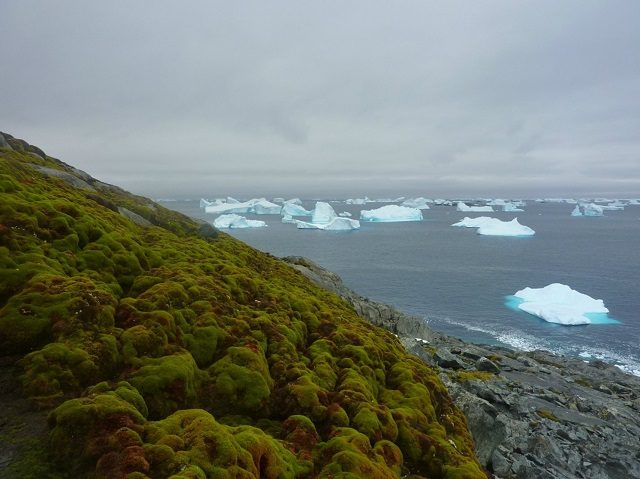MI weekly selection #233
MI weekly selection #233

Moss in Antarctica growing more quickly as temperatures rise
Mosses are growing at a faster pace in Antarctica thanks to climate change. The moss is growing on the northern peninsula, making what little green there is on the continent greener as temperatures there rise.
Trees moving away from eastern US in response to climate change
Trees native to the eastern US are migrating to the north and west because of climate change. While the trees themselves don’t move, their sprouts are finding new places to grow in response to new rainfall and temperature patterns, researchers say.
Moon observed orbiting Snow White dwarf planet
Dwarf planet 2007 OR10, also known as Snow White, has its own moon, according to data recorded by three different telescopes. The moon’s discovery means that most of the large dwarf planets have satellites that were likely formed billions of years ago by frequent collisions.
Significant changes seen in zebrafish’s gene expression due to harvesting
Harvesting the largest zebrafish from a captive population can cause widespread changes in gene expression in subsequent generations. “Removing the largest individuals from the experimentally exploited populations induced differences in the expression of more than 4,000 genes after five generations of size-selective harvesting,” said study author Silva Uusi-Heikkila.
Combined ultrasound, gene therapy heals bone gaps
Researchers reported that a therapy combining ultrasound, gas-filled microbubbles, stem cells and the gene that codes for bone morphogenetic protein 6 closed bone gaps and healed leg fractures within eight weeks in animal models. If the treatment succeeds in human trials, it could help people who experience nonunion fractures.